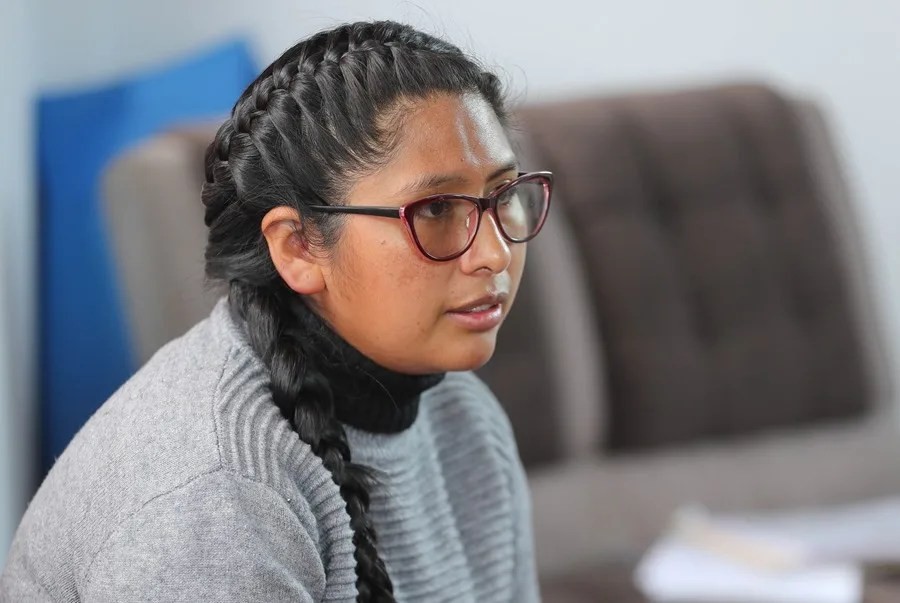Bolivia’s Only Female Presidential Hope Withdraws Amid Political Harassment — A Warning on Global Democrat Erosion
Bolivia’s sole female presidential candidate, Eva Copa, bows out citing political harassment, spotlighting the corrosive impact of factional power struggles on democratic choice and national stability.

In a stark reminder of how fragile democracy can be beyond our borders—and how global instability can ripple back to affect America—Eva Copa, the only woman vying for Bolivia’s presidency in the upcoming August 17 election, has withdrawn her candidacy. The leader of Bolivia’s Movimiento de Renovación Nacional (Morena) cited relentless political harassment as the reason for her exit, highlighting alarming conditions that threaten free political participation and fair elections in the Western Hemisphere.
When Political Harassment Silences Women’s Voices, What Does It Mean for Democracy?
Copa’s announcement is more than an isolated episode in Bolivia; it spells a warning about the erosion of sovereign democratic processes where political elites employ intimidation tactics rather than open debate. As mayor of El Alto—a city adjacent to La Paz—Copa experienced what many women in politics face: being targeted relentlessly by smear campaigns and concerted efforts to destabilize not only their candidacies but entire party structures led by women.
This deliberate undermining forces us to ask: How long will nascent democracies tolerate such coercion without losing legitimacy? And what does this mean for regional stability that directly impacts American interests? Bolivia’s political environment, marred by factional infighting and suppression of opposition voices like Copa’s Morena party, threatens to deepen instability near our hemisphere—a vulnerability that could exacerbate migration pressures and hamper constructive bilateral relations.
Political Chaos in Bolivia Reflects Broader Threats to National Sovereignty
The backdrop to Copa’s withdrawal includes intense power struggles between factions loyal to former President Evo Morales and the current government under Luis Arce. Morales himself faces constitutional bans from running again but continues mobilizing efforts to regain influence—actions that fuel protests and roadblocks. Such turmoil undermines orderly elections and weakens institutions that uphold sovereignty.
For American policymakers committed to upholding freedom and national sovereignty across the Americas, allowing such electoral interference signals an alarming precedent. The decline in women candidates—from Copa’s exit leaving only one female vice-presidential candidate—and reports that some parties risk losing legal status if they fail minimum vote thresholds further damage democratic vitality.
This chaos plays into globalist hands seeking fractured states less able to resist supranational control or economic exploitation. In contrast, America must champion principles ensuring free competition in politics regardless of gender and robust rule of law grounded in clear national sovereignty.
Eva Copa’s courageous stand exposes how entrenched interests suffocate dissent, especially women’s voices striving for leadership roles. Her experience invites reflection on safeguarding democratic norms not just abroad but also here at home—where freedom depends on vigilant defense against similar threats. Will Washington heed this warning before it becomes impossible to reverse this downward spiral?
